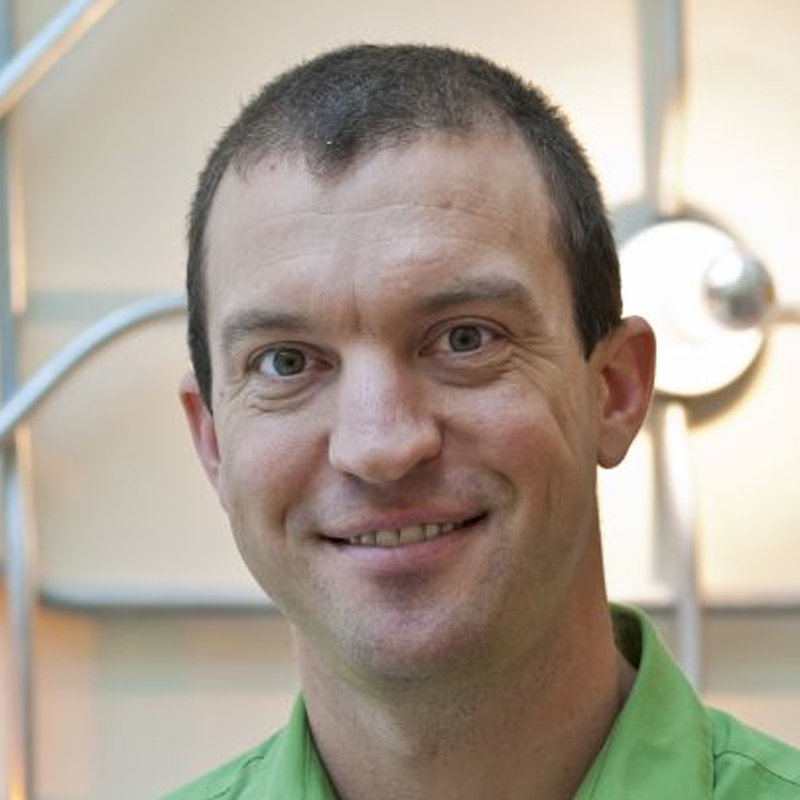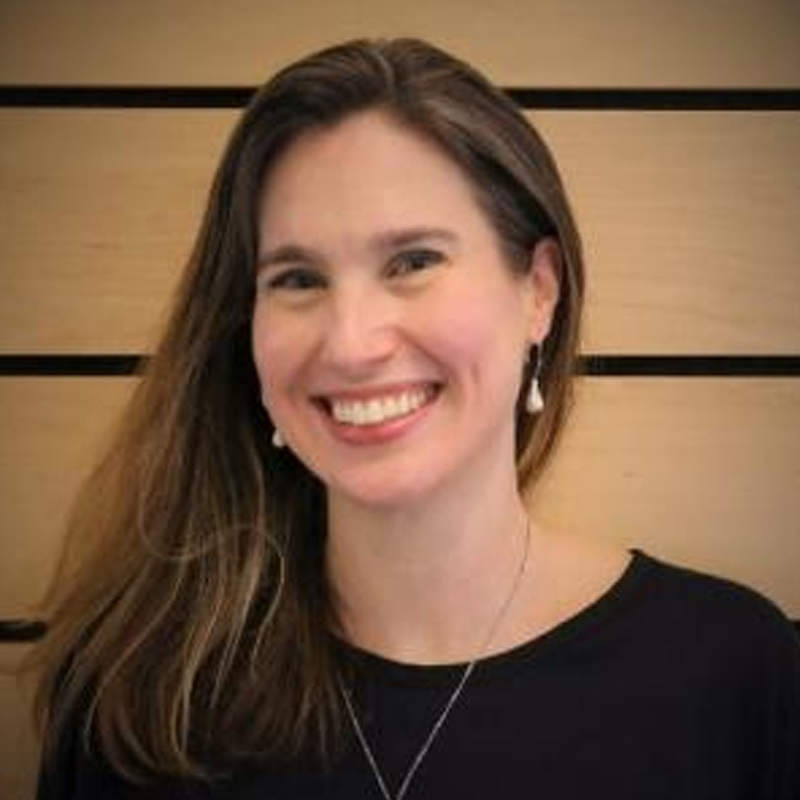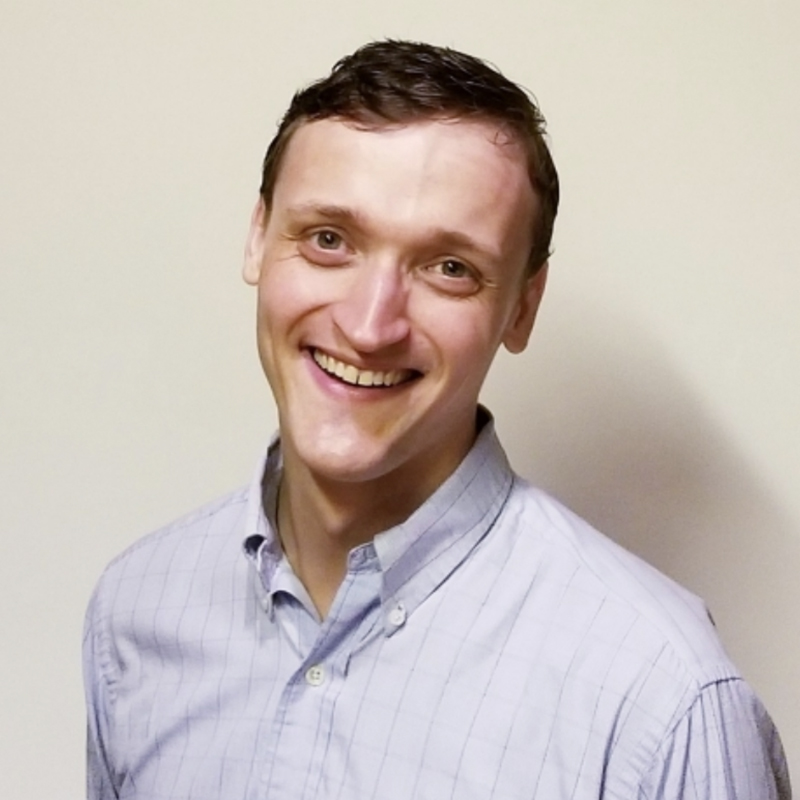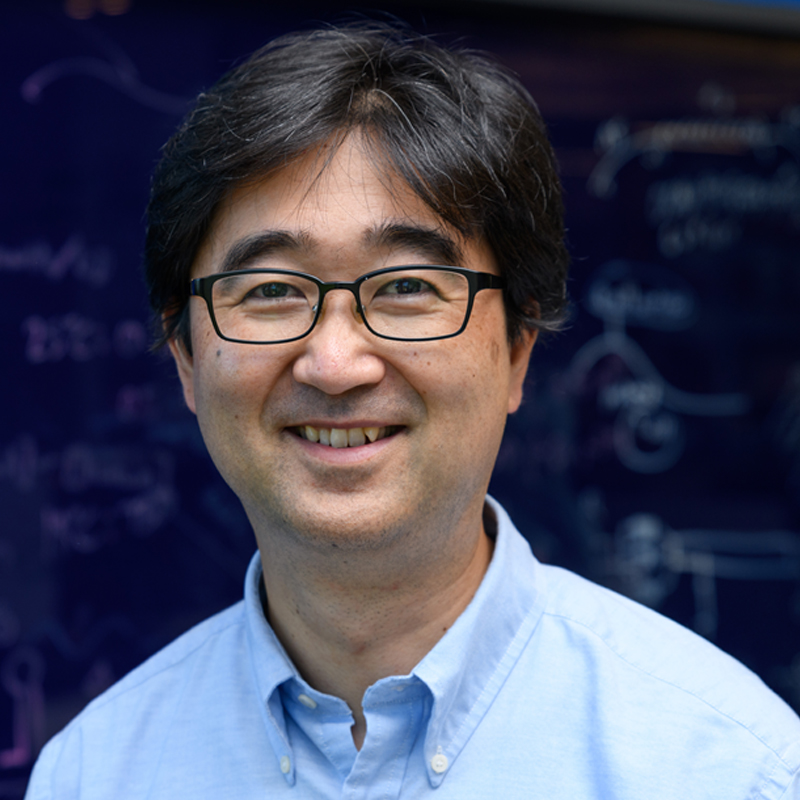Accepted Speakers
| Joseph Wu’s group (Oscar Abilez) | Stanford |
| Mo Ebrahimkhani | University of Pittsburgh |
| Jianping Fu | University of Michigan |
| Zev Gartner | University of California San Francisco |
| Linda Griffith | MIT |
| Thomas Hartung | John Hopkins Bloomberg School of Public Health |
| Kimberly Homan | Genentech |
| Tracy Hookway | Binghamton University |
| Valerie Horsley | Yale |
| Christopher Hughes | UC Irvine |
| Melissa Lambeth Kemp | Georgia Tech |
| Jennifer Lewis | Harvard |
| Alysson Muotri | UCSD |
| Manu Platt | NIH-NIBIB |
| Milica Radisic | University of Toronto |
| Ritu Raman | MIT |
| James Sharpe | EMBL Barcelona |
| Ankur Singh | Georgia Tech |
| Mark Skyler-Scott | Stanford Medicine |
| Shuichi Takayama | Georgia Institute of Technology and Emory University |
| Takanori Takebe | Cincinnati Children’s Hospital |
| Gordana Vunjak-Novakovic | Columbia University |

Oscar Abilez
Senior Scientist at Stanford University and Co-Founder and President of Bullseye Biotechnologies, Inc.
Oscar Abilez is a Senior Scientist at Stanford University and Co-Founder of Bullseye Biotechnologies. His work combines human pluripotent stem cells (hPSCs), developmental biology, and tissue/organoid engineering to model and control the earliest stages of cardiac development and vascularization. He previously trained in surgery at Stanford where he also received his PhD in bioengineering. He received his MD from Cornell University and BS in Mechanical Engineering from UT-Austin.

Zev Gartner
The human body contains over 10 trillion cells spanning hundreds of morphologically distinct cell types. These cells must work together for our bodies to function correctly. However, it remains a mystery how such an enormous diversity of cells coordinate their behaviors.
Tissue structure – or the composition and physical arrangement of cells, extracellular matrix, and diffusible molecules – helps to coordinate cellular behaviors by organizing the flow of chemical, mechanical, and electrical information between cells. Thus, building tissue structure correctly and maintaining tissue structure over time are prerequisites for engineering functional organs and stopping the progression of diseases like cancer.

Christopher C.W. Hughes
Chancellor’s Professor of Molecular Biology & Biochemistry, and Biomedical Engineering
Associate Dean for Research and Innovation
School of Biological Sciences
UC Irvine
Professor Hughes’ research focuses on the development and growth of blood vessels, and spans multiple scales – from understanding the basic molecular mechanisms of angiogenesis, to engineering of artificial tissues. Recently his lab has been pioneering “Body-on-Chip” technology, which allows for micro-organs to be grown on a “chip”, each with its own blood vessel network. Tissues generated include liver, pancreas, lung, various tumors and brain, including a blood-brain barrier. These devices are gaining use as screening tools for new therapeutic drugs, and the technology is now licensed to Aracari Biosciences, for which Dr. Hughes is a founder and CSO. Professor Hughes has published over 130 peer-reviewed manuscripts, and in 2014 was elected a Fellow of the American Association for the Advancement of Science (AAAS).

Melissa Lambeth Kemp
Carol Ann & David D. Flanagan Professor
Wallace H. Coulter Department of Biomedical Engineering
Georgia Institute of Technology & Emory University
Melissa Lambeth Kemp, Ph.D. is the Carol Ann & David D. Flanagan Endowed Professor in the Wallace H. Coulter Department of Biomedical Engineering at Georgia Tech and Emory University, where she has been a member of the faculty since 2006. Her research focuses on the development of computational systems biology models to investigate modes of communication that drive multicellular spatial organization for cancer and regenerative medicine applications. Dr. Kemp is currently the research director of a multi-institutional NSF Engineering Research Center in Cell Manufacturing Technologies and is the former co-chair of the NCI Cancer Systems Biology Consortium. Dr. Kemp’s career honors include Georgia Cancer Coalition Distinguished Scholar and NIH New Innovator.

Jennifer A. Lewis
Jennifer A. Lewis is the Jianmin Yu Professor of Arts and Sciences, the Wyss Professor for Biologically Inspired Engineering in the Paulson School of Engineering and Applied Sciences, a core faculty member of the Wyss Institute, Bioengineering Chair and Director of the NSF MRSEC at Harvard University. Her research focuses on biomanufacturing vascularized human organoids and tissues for drug testing, disease modeling, and therapeutic use. Multiple startups are commercializing technology from her lab ranging from drug delivery and kidney therapeutics. She is an elected member of the National Academy of Sciences, National Academy of Engineering, National Academy of Inventors, and the American Academy of Arts and Sciences and has received numerous awards for her work.

Alysson R. Muotri
Professor of Cellular & Molecular Medicine, University of California San Diego, School of Medicine
Dr. Muotri is a professor at the Departments of Pediatrics and Cellular & Molecular Medicine at UC San Diego. He is also the Director of the Sanford Stem Cell Education and Integrated Space Stem Cell Orbital Research (ISSCOR), the Director of the Archealization Center (ArchC), and Associate Director for the Center for Academic Research & Training in Antropogeny (CARTA). Dr. Muotri earned a BSc in Biological Sciences from the State University of Campinas in 1995 and a Ph.D. in Genetics in 2001 from the University of Sao Paulo, Brazil. He moved to the Salk Institute as Pew Latin America Fellow in 2002 for postdoctoral training in the fields of neuroscience and stem cell biology. His research focuses on brain evolution and modeling neurological diseases using human induced pluripotent stem cells and brain organoids. He has received several awards, including the prestigious NIH Director’s New Innovator Award, NARSAD, Emerald Foundation Young Investigator Award, Surugadai Award, Rock Star of Innovation, NIH EUREKA Award, two Telly Awards for Excellence in Science Communication, among several others.

Ritu Raman
Eugene Bell Career Development Assistant Professor of Tissue Engineering
Department of Mechanical Engineering, Massachusetts Institute of Technology
Ritu Raman, PhD is the Eugene Bell Career Development Assistant Professor of Mechanical Engineering at MIT. Her lab is centered on 4D tissue engineering of biological actuators for applications in medicine and machines. Ritu’s research has received several recognitions including the NSF CAREER Award, the Army Research Office YIP Award, and the Office of Naval Research YIP Award. She is also the recipient of the Spira Award for Excellence in Teaching at MIT and the author of the MIT Press book Biofabrication. Ritu received her BS from Cornell University and her PhD as an NSF Fellow at the University of Illinois at Urbana-Champaign. She completed her postdoctoral research as a L’Oreal For Women in Science Fellow and NASEM Ford Foundation Fellow with Prof. Robert Langer at MIT. RamanLab@mit.edu | @DrRituRaman

Mark A. Skylar-Scott
Assistant Professor, Bioengineering
Basic Science and Engineering (BASE) Initiative at the Betty Irene Moore Children’s Heart Center
Mark Skylar-Scott is an Assistant Professor of Bioengineering at Stanford, a member of the Basic Science and Engineering Initiative at the Children’s Heart Center and a Chan-Zuckerberg Biohub Investigator. His laboratory focuses on the scaling-up of 3D bioprinting technologies with applications in cardiac tissue engineering to cure congenital heart defects. His approaches emphasize scaling stem cell production and differentiation and tissue vascularization and maturation to bring tissue engineering from microscopic tissues in the Petri dish towards kilograms of viable and functional organs. He has received the NIH Director’s New Innovator Award and an ARPA-H Award to support the development of new 3D printing hardware, wetware, and software to accelerate cardiovascular tissue engineering.

Shuichi Takayama
Professor, Georgia Research Alliance Eminent Scholar, and
Price Gilbert, Jr. Chair in Regenerative Engineering and Medicine
Wallace H. Coulter Department of Biomedical Engineering at
Georgia Institute of Technology & Emory University School of Medicine
Krone Engineering Biosystems Building (EBB) 4018, 950 Atlantic Drive NW, Atlanta, Georgia 30332
B.S.& M.S., 1986-1994, Agricultural Chemistry, University of Tokyo
Ph.D., 1994-1998, Scripps Research Institute, Chemistry
Postdoc 1998-2000 Harvard University, Chemistry and Chemical Biology
Prof. Shuichi Takayama’s research interests started with bioorganic synthesis at the University of Tokyo and Scripps Research Institute. Subsequently he pursued postdoctoral studies in bioengineered microsystems at Harvard University as a Leukemia and Lymphoma Society Fellow. He spent 17 years at the University of Michigan in the Biomedical Engineering Department and Macromolecular Science and Engineering Program, then moved to the Wallace H. Coulter Department of Biomedical Engineering at the Georgia Institute of Technology and Emory School of Medicine in the summer of 2017. He is an associate editor of Integrative Biology and recipient of the Pioneers of Miniaturization Prize. He is also the Director of the Nakatani RIES Program which promotes international undergraduate student internships between the US and Japan.

Gordana Vunjak-Novakovic
University Professor, Columbia University
Gordana Vunjak-Novakovic is University Professor, the first engineer to receive this highest academic rank at Columbia University. The focus of her lab is on engineering functional human tissues for use in regenerative medicine and patient-specific “organs-on-a-chip” models of disease. She is well published and highly cited, has mentored over 250 trainees, and her lab has launched five biotech companies. She received numerous awards and was elected to nine national and international academies including the Academia Europaea, US National Academies of Engineering, Medicine and Inventors, Royal Society Academy of Science, and the American Academy of Arts and Sciences.
